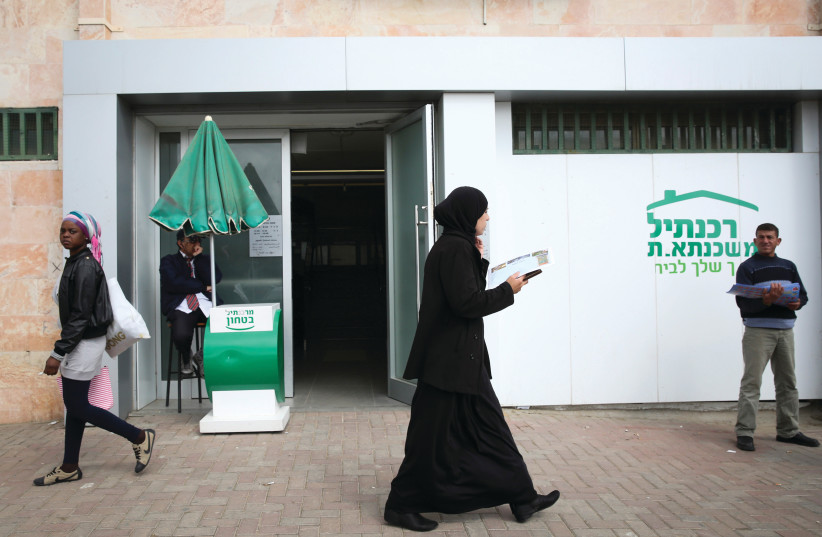The Finance Ministry was criticized for failing to provide Israel’s Bedouin citizens with employment centers and accessible services in a Knesset Welfare Committee meeting this week.
“One in every three young Bedouin is doing nothing,” said alternate committee chair MK Walid al-Hawashla, opening the meeting. “You can’t just decry crime without trying to give the Bedouin populations the tools to solve these problems. We must not justify crime, but we must also not bury our head in the sand,” he said, “where there is no employment, there is crime.”

Increasing employment opportunities
There is only one employment center for the 300,000 Bedouin residents of the Negev, said Hawashla, who added that centers should be opened for population concentrations over 20,000.
Israeli Employment Services determined that there is justification to create five employment centers for Bedouin towns in the Negev, said Negev Coexistence Forum for Civil Equality representative, Huda Abu Obaid. The implementation of this decision has been held up by the Finance Ministry, and following a petition on the matter, the High Court accepted the ministry’s argument that because services are provided digitally, they don’t need to set up the centers, she explained
This is despite the fact that many Bedouin villages do not have cell service or internet access, said Abu Obaid.
The Israeli Employment Services representative confirmed that the criteria to set up more centers have been met and that the final decision is with the Finance Ministry.
Creating an employment center in the Bedouin city of Rahat, which is home to the largest Bedouin population in Israel, brought unemployment down from 43% in 2013 to 13% and brought many Bedouin women into the workforce for the first time, said Rahat Mayor Talal Alkernawi.

This brought increased investment in education and increased municipal collection by dozens of percent, he added.
“High percentages of the Bedouin population in the South suffer from poverty and food insecurity,” said Becky Keshet from the Forum for Combating Poverty.
“Employment centers are critical for work and for getting benefits owed to them,” she added, explaining that currently many Bedouin women do not find employment or get food vouchers because they don’t have transportation to inaccessible employment centers.
Getting there would require “leaving their children to walk two km. to the bus stop and from there travel far distances,” she said, adding that there must be solutions put in place that would enable them to report to the centers less and still be eligible for benefits.
